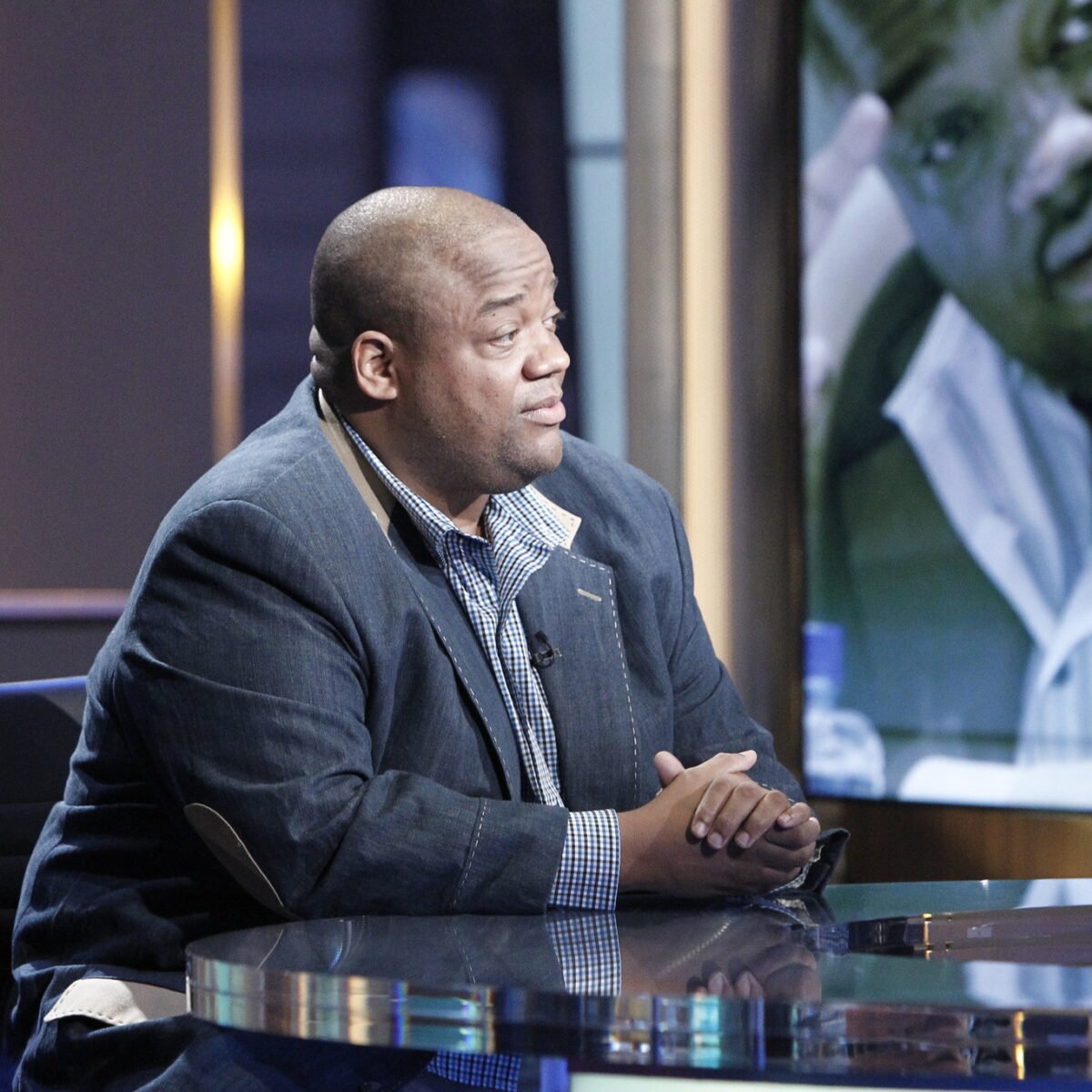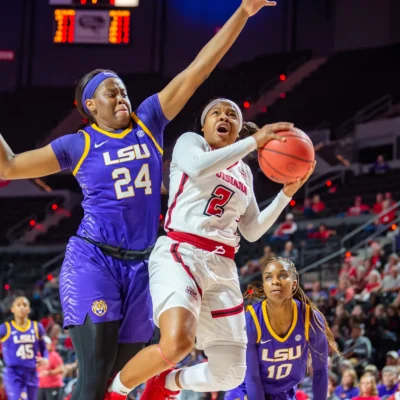Jason Whitlock has built a reputation as one of the most outspoken voices in sports media. With a career spanning over three decades, he has transitioned from a traditional sports journalist to a cultural commentator who isn’t afraid to challenge mainstream narratives. His journey from newspaper columns to digital platforms reflects the evolving nature of journalism and media consumption in the 21st century.
Early Life and Education
Born on April 27, 1967, in Indianapolis, Indiana, Whitlock grew up in a working-class family. His father, James “Jimmy” Whitlock, was a steelworker, and his mother, Joyce Whitlock, worked as a nurse. His upbringing instilled in him the values of discipline and hard work—principles that have shaped his career.
Jason Whitlock attended Warren Central High School in Indianapolis, where he played football as an offensive lineman. His performance on the field earned him a football scholarship to Ball State University in Muncie, Indiana. He played Division I football while pursuing a degree in journalism, graduating in 1990. His background in football not only shaped his knowledge of the game but also gave him the perspective of an athlete, which later influenced his sports commentary.
Breaking into Sports Journalism
Jason Whitlock journalism career began at The Herald-Times in Bloomington, Indiana. He later worked for The Charlotte Observer and The Ann Arbor News before joining The Kansas City Star, where he made a name for himself with bold and often controversial takes on sports and society.
During his tenure at The Kansas City Star, he won the National Journalism Award for Commentary in 2008—one of the most prestigious honors in American journalism. His writing style, which combined sharp analysis with social critique, set him apart from traditional sports columnists.
His rise in print journalism led to opportunities in television and digital media. He joined ESPN in 2002, contributing to ESPN.com and appearing on popular programs such as Pardon the Interruption and Sports Reporters. However, his time at ESPN was not without controversy. Whitlock was known for challenging the network’s coverage of racial issues in sports, which often put him at odds with colleagues and executives.
The Fox Sports and ESPN Saga

After leaving ESPN in 2006, Jason Whitlock wrote for AOL Sports and later rejoined ESPN to help launch The Undefeated, a site dedicated to exploring the intersection of race, culture, and sports. However, creative differences led to his departure before the project fully took shape.
He then joined Fox Sports, where he co-hosted Speak for Yourself on Fox Sports 1. This move marked another significant shift in his career, as it allowed him to develop a more opinion-driven media persona. Whitlock’s blunt takes on athlete activism, racial politics, and media narratives often made headlines, drawing both praise and criticism.
The Birth of ‘Fearless with Jason Whitlock’
In 2021, Jason Whitlock took a bold step by joining Blaze Media and launching his show, Fearless with Jason Whitlock. This platform allowed him complete editorial control, enabling him to discuss sports, culture, and politics without corporate restrictions.
Fearless focuses on issues at the intersection of sports and society, featuring long-form discussions with guests from various backgrounds. Whitlock has positioned himself as a critic of “woke” culture in sports, arguing that identity politics have overshadowed athletic performance. He frequently addresses topics such as media bias, race relations, and the role of faith in American culture.
Recent Controversies and Comments
Jason Whitlock remains one of the most polarizing figures in sports media. Recently, he stirred debate with his critique of Shedeur Sanders, the son of NFL Hall of Famer Deion Sanders, for releasing a rap song while still playing college football. On Fearless, Whitlock questioned whether young athletes should focus on their sport rather than outside ventures like music careers.
Additionally, Whitlock weighed in on the rising popularity of women’s basketball, particularly Caitlin Clark’s impact on the WNBA and NBA viewership trends. He suggested that the NBA’s declining ratings stem from a lack of marketable new stars and compelling narratives, leading some fans to turn to the women’s game.
His outspoken nature has often put him at odds with mainstream sports media. Critics argue that his perspectives lean too heavily on conservative talking points, while supporters appreciate his willingness to challenge dominant narratives.
Personal Life and Philosophy
Despite his high-profile career, Whitlock keeps his personal life relatively private. As of 2025, he remains unmarried and has no children. He has mentioned in interviews that his career focus has left little room for a traditional family life.
Faith plays a significant role in his worldview. Whitlock often speaks about Christianity’s influence on his beliefs and commentary. This has led him to discuss broader societal issues beyond sports, making his platform unique in the sports media landscape.
Impact and Legacy
Whitlock’s career represents a significant shift in sports journalism. At a time when traditional media is struggling to adapt to digital transformation, he has embraced independent platforms to reach his audience.
His impact on sports media is undeniable. Whether one agrees with him or not, Whitlock has played a crucial role in reshaping sports discourse. He has challenged conventional thinking, questioned media narratives, and encouraged deeper discussions on race, culture, and sports.
In an industry where many commentators shy away from controversy, Whitlock has built a career on speaking his mind. His transition from print journalism to digital independence mirrors the changing media landscape, where voices outside traditional networks are gaining influence.
As he continues to push boundaries with Fearless, his legacy as one of the most outspoken sports and cultural commentators remains intact. Whether he is remembered as a trailblazer or a provocateur, one thing is certain—Jason Whitlock isn’t afraid to be different.
Conclusion
Jason Whitlock’s journey from a small-town newspaper journalist to a major media personality underscores his resilience and adaptability. His willingness to challenge the status quo has earned him a loyal following, as well as numerous detractors.
In an era where media consumption is shifting toward independent voices, Whitlock’s career serves as a case study in how sports journalism is evolving. Love him or hate him, Jason Whitlock remains a significant force in the conversation surrounding sports, culture, and politics.
As he continues to shape public discourse, one thing is clear—his voice isn’t fading anytime soon.
More Updates : USA Glory.






